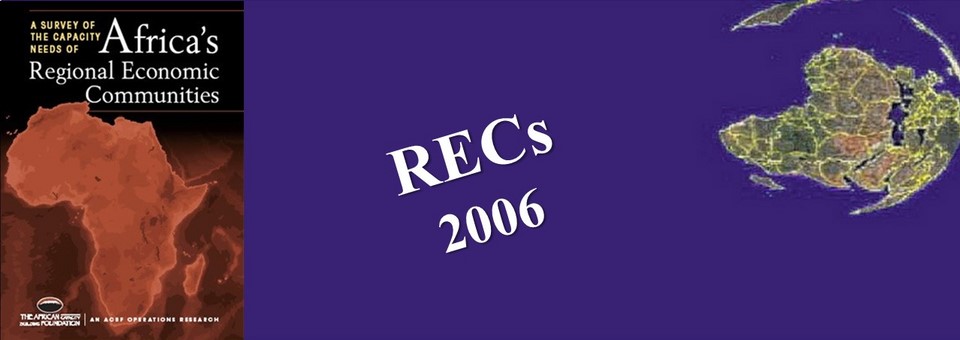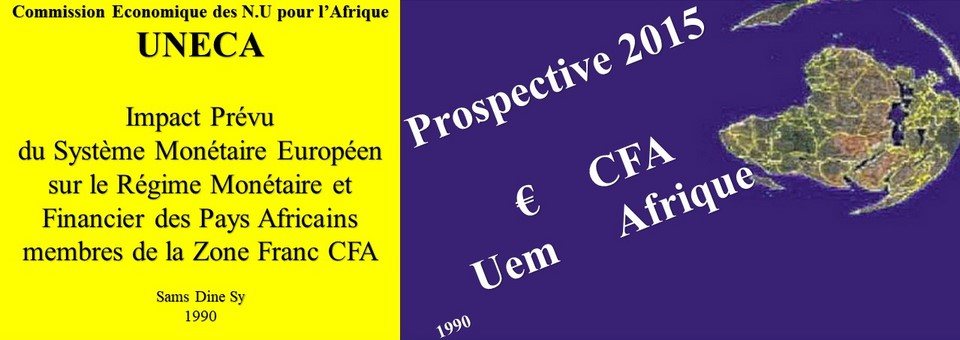New Modes of Governance in Central Bank
New Modes of Governance and African Central Bank : Case Study for Independence, Accountbaility and Lessons for the Future Africain Central Bank
Sams Dine SY
Juin 2006
Projet
Central bank play a growing role in African economy and their position with regard to government is a focal point of controversial through academicians and practitioners, The monetary power challenges other three constitutional powers (executive, legislative and judicial) since stabilization is the principal objectives of macroeconomic policy in Africa.
Adding to this is the discussion about good governance as a means to provide macroeconomic stability, economic growth and a level playing field for competition and partnership. The needs to manage carefully the expected surge in aid flow during the next ten years, prevent financial contagion, and ensure adequate macroeconomic management are also some of the challenges generating interest in central bank governance at national and regional level.
Given there core functions, central banks are the focal point to achieve these goals when they are good governance-based. Central bank governance is good when objectives and tasks delegated are performed in order to avoid wasting of resources.
If the problems of the good governance within the traditional public and economic administrations were subject of growing attention during years, it is not the case for central banks. In Africa, they function with opacity. They benefit from an exceptional legislation for financing management costs and for control, insofar as they take their resources on the incomes drawn from monetary creation before assigning the benefit to the State through Department of Treasury. This situation is worth as well for the national central banks as for the regional central banks. Thanks to this procedure, they set up consequent incentives for their high skilled staff, without always to be able to retain them insofar as the most skilled are hired by International Financial Institutions like IMF, WB and AfDB, without possibility to return in the originating departments.
The weakness of the capacities for control and evaluation in Accounting Offices bring to questions on how the core principles of good governance of central bank (independence, accountability, transparency) are adopted and implemented. Another question is how central banks escape bad governance plagues like brain drain, and corruption which are endemic in Africa.
Independent capacities to undertake central bank governance assessment and control are scarce and it is difficult to avoid conflict of interest and collusion in this area because expertise is frequently embedded with retreated central bank officers.
What lessons to draw from central banks in order to improve governance capacity in public sector? African countries are characterized by narrow markets and failures and conflicts and one can wonder whether the performance of the central banks is equal to the privileges they profit and how to build check and balance capacity in this area.
The theme will explore good central bank governance through three principles:
- Independence of central bank in Africa in an historical perspective: retrospective, prospective and lessons for the future African Central Bank
- Central bank accountability in an institutional perspective: views of stakeholders (Government, Private sector, Civil society)
- Central bank transparency: comparative perspective and views of international/regional financial institutions (IMF, WB, BIS).









